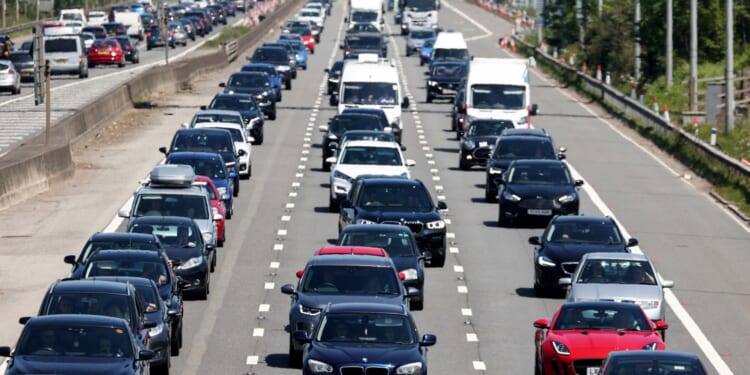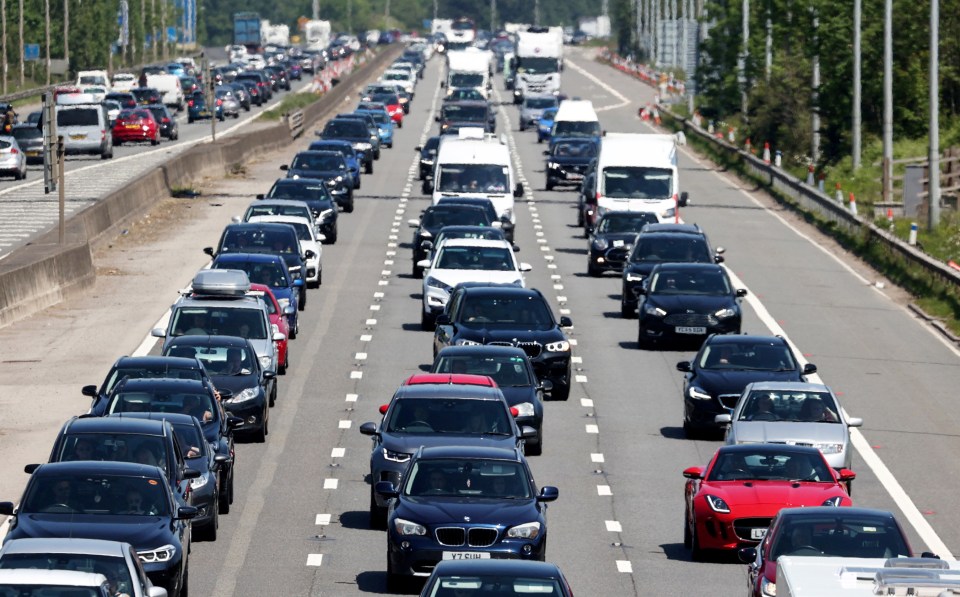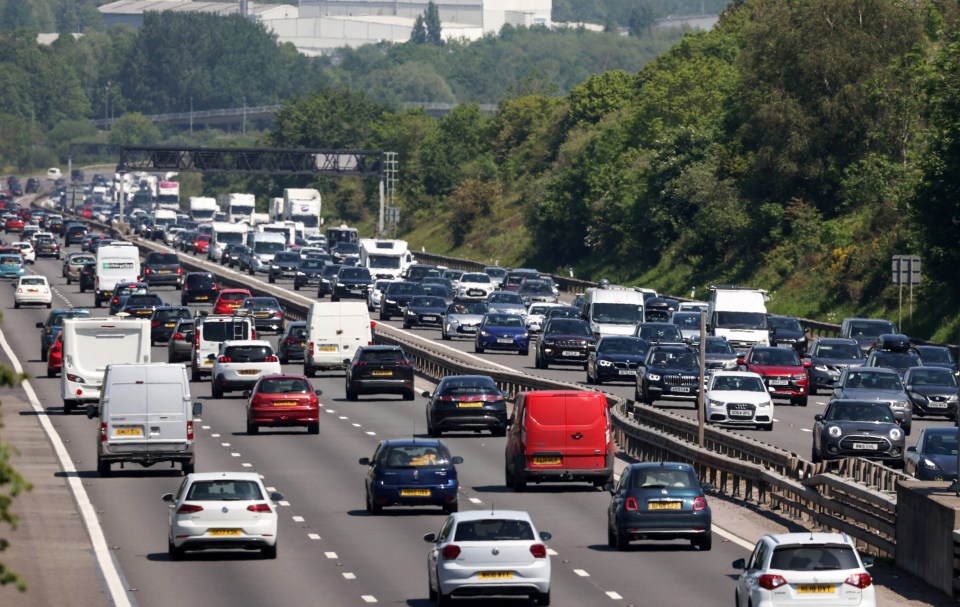MILLIONS of motorists may be risking their insurance claim by saying “sorry” to other drivers at an collision scene – even if it was not their fault.
A survey by Confused.com found that out of 2,000 drivers, almost half of them had been involved in a collision – with 32% of these drivers saying “sorry” at the scene.
However, according to the financial service company, drivers should avoid apologising after a collision – even if it was not their fault – as it could be argued by the other party as an admission of fault.
Rhydian Jones, motoring expert at Confused.com, said: “It’s important not to apologise at the scene, as this could be perceived as an admission of guilt and impact any claim you try to make.
“With more than 128,000 road users being involved in a road accident in 2024, it is more important than ever that motorists are aware of the steps to take should this happen to them, to avoid landing themselves in hot water.
“Even if you don’t want to make a claim, it’s important that your insurer knows about any accident you’ve been involved in to reassess your policy.
“Insurance is in place to keep you and our roads safe, as well as making the aftermath of a car accident as straightforward as possible.”
The research, carried out by OnePoll.com, found that 82% of drivers saying that they felt confident knowing what to do if they were involved in a road accident.
Despite this, almost half of the drivers who were involved in an incident admitted to not taking the details of the other driver, and 61% did not take photo or video evidence of the scene.
The study showed that 18% of drivers were not confident with what to do after a road accident had happened.
When asked if they had apologised during a collision that was not their fault, a quarter of 18-to-24-year-olds said they had, whereas only 14% of adults aged 55-to-64 were found to have apologised when it was not their fault.
Drivers aged 25- to 34 were the most likely to apologise at a collision, with 61% of this age group admitting fault- despite 22% of them not being the cause of the collision.
Half of the sample study had failed to alert their insurance company at the time of the incident and did not realise that road incidents should be declared to their insurance company – even if they do not intend to claim
It was revealed that 6% of the study had not reporter an accident they were involved in to their insurance company.
Not informing an insurance company after a collision can void policies, increase insurance prices, and risk future coverage refusals.
Mr Jones said that after a collision, checking for injuries, getting everyone to safety, and exchanging details, are the “ right things to do” and should sit “at the top of people’s mind”.
But the motoring expert emphasised the need for drivers to call their insurer and not naturally apologise – as it could be perceived as an admission of guilt and impact any claims the driver might try to make.
Despite not legally accepting responsibility, and apology can be used against the driver as an admission of guilt at a later date.
Mr Jones said: “Being involved in an accident on the roads isn’t something pleasant to think about, but it’s important that motorists are prepared and know what to do if this happens.














